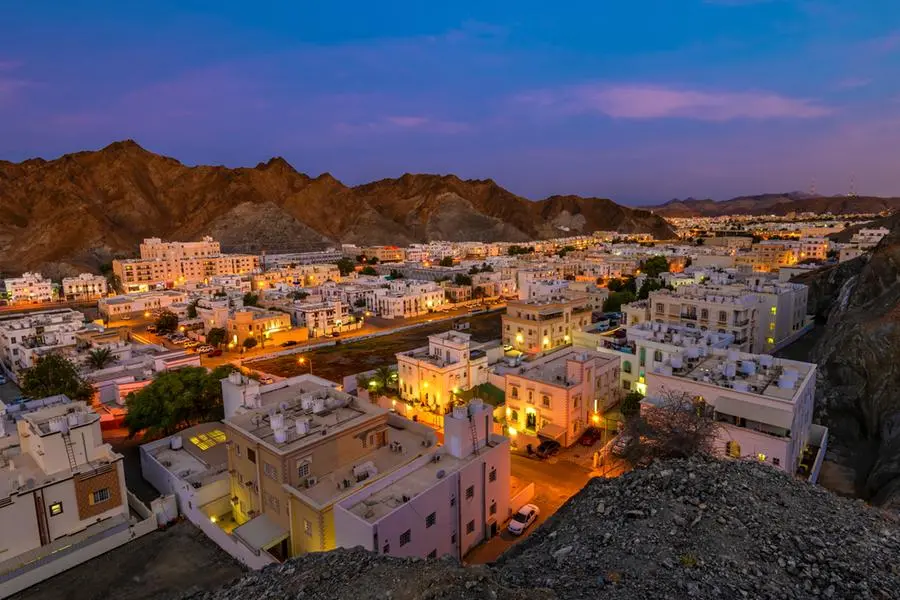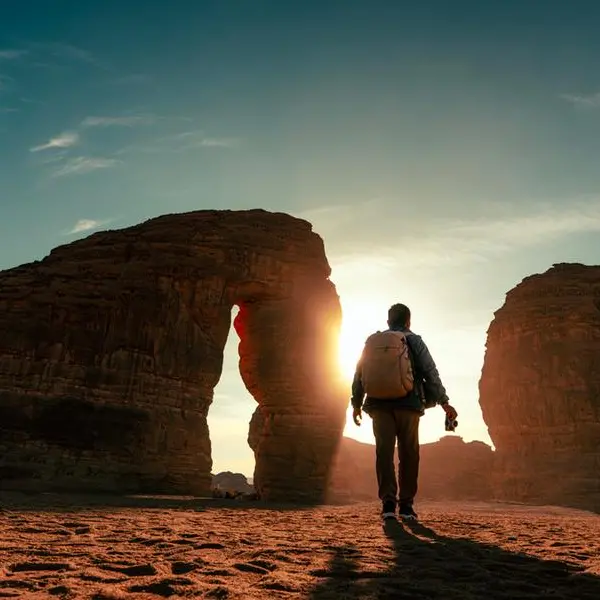PHOTO
As the economy increasingly diversifies under Oman Vision 2040, the tourism sector is a key pillar of growth. The post-pandemic recovery has created significant opportunities for Omani businesses to benefit from the resurgence of global travel. But in that competitive market, personalised marketing is the way to go — we have described a strategy that increases customer engagement by customising services and experiences to personal preferences.
HOW OMAN’S TOURISM INDUSTRY IS BOUNCING BACK
Thanks to its unique mix of cultural heritage, raw landscapes and style of luxury hospitality, Oman is often a bucket list destination in the Middle East. Now, with the government’s push to develop its infrastructure, promote sustainable tourism, and attract foreign capital, the sector is primed for a strong rebound. International visitor numbers are increasing, along with domestic tourism, and open new avenues for local businesses to innovate and grow. There are several opportunities in different areas of the tourism ecosystem:
EXPERIENTIAL TRAVEL SERVICES
Contemporary travellers want more than sightseeing; they want to experience. Clearly, Omani companies would be able to devise packages of cultural adventure and eco-tourism that showcase the country’s vast heritage and natural beauty. For example, personalised itineraries, private guided tours, and unique local experiences can help businesses stand out.
SMART HOSPITALITY SOLUTIONS
Integrate AI & data analytics for hotels, resorts, and homestays to do personalised, data-driven solutions for guest experience. Visitors can be provided with personalised room preferences, targeted offers, on-demand virtual concierge services, and more, increasing overall customer satisfaction and brand loyalty.
LOCAL HANDICRAFTS AND RETAIL
The growing demand for eco-friendly and ethically produced tourism drives with the desire for authentic, locally produced goods. At the same time, handicraft businesses can use e-commerce and social media tools to reach a global audience that craves personalised souvenirs and bespoke products.
FOOD AND BEVERAGE INDUSTRY
More footfall in restaurants and food outlets through personalised dining experiences, chef-curated menus and AI-driven recommendation systems. Local farms can partner with tourism businesses to help shaft farm-to-table concepts, which are attractive to environmentally conscious travellers.
WELLNESS AND LUXURY TOURISM
Personalised marketing is the way to go. Image for illustration only.
Wellness tourism: spa retreats and wellness resorts are in demand. Finally, the wellness + relaxation segment — this is where Omani businesses can cater to this segment of wellness travellers, by providing wellness packages tailored to their needs, traditional Omani-exclusive treatments, and even alternative healing experiences.
HOW PERSONALISED MARKETING COULD CHANGE THE GAME FOR OMANI COMPANIES
With the rise of digital transformation, personalised marketing is no longer a luxury, but a necessity. With customer data, businesses can customise promotions, services and communication to align with what consumers desire.
HOW DOES PERSONALISED MARKETING WORK?
Data-driven insights: AI and machine learning tools can identify an individual customer’s behaviour, preferences, and past interactions to craft targeted marketing campaigns. This data can be used by hotels, airlines, and travel agencies to provide bespoke packages and unique offers.
Customised communication: Instead of generic advertisements, businesses have instant access to travellers, allowing them to contact travellers with unique emails, push notifications, and chatbot interactions that appeal to their particular interests.
Social media engagement: Social media platforms such as Instagram and TikTok are important in influencing people’s travel decision making. Influencer marketing, interactive content and geo-targeted advertisement are some of the strategies that enterprises in Oman can use to attract customers and retain them.
Loyalty and reward programmes: Vendor-specific discounts, offers, and membership rewards foster repeat visits and long-term customers. Inclusion, it seems, goes both ways — and travellers are more inclined to return to businesses that acknowledge their tastes and deliver personalised experiences.
Challenges and way forward: While opportunities are many, Omani businesses struggle to adopt and implement personalised marketing strategies. Concerns about data privacy, the adaptation of technology and investment in digital tools continue to hinder the transition, however. But enterprises can adopt digital marketing and innovations with the help of strategic partnerships, government assistance and upskilling the local talent.
CONCLUSION
Oman’s burgeoning tourism market opens up huge opportunities for local businesses, but they must embrace modern marketing strategies to reap the rewards. Personalised marketing is the next step in marketing evolution—it’s how businessmen will understand and foster the needs of their audience, setting up not only the future of tourism, but the future of Oman as a whole.
The moment of action has arrived—optimal digital transformation, improved customer experiences, and stronger, more personalised tourism that Omani companies should act on.
2022 © All right reserved for Oman Establishment for Press, Publication and Advertising (OEPPA) Provided by SyndiGate Media Inc. (Syndigate.info).





















